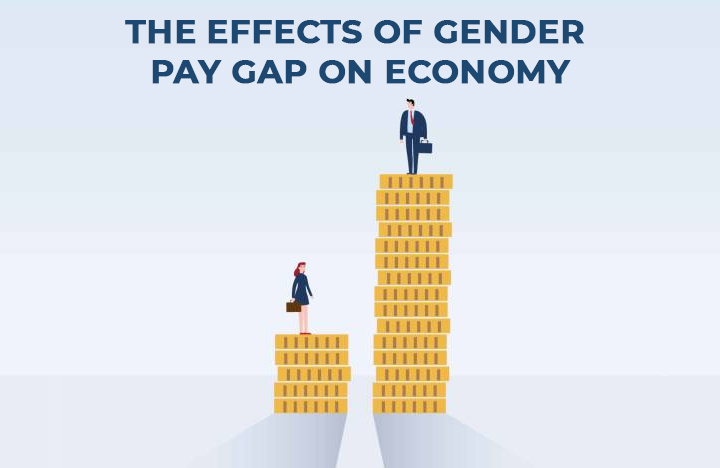A number of researchers have argued that men and women have different attitudes toward and behavioural responses to competition; that is, women are more likely to opt out of jobs in which performance pay is the norm and to under-perform in some competitive situations. Laboratory experiments suggest that these gender differences are rather large. To check these hypotheses and findings against differences in the field, the authors use performance pay as an indicator of competition in the workplace and compare the gender gap not only in incidence of performance pay but also in earnings and work effort under these contracts. They find that although women are less likely than men to work under performance pay contracts, the gender gap is small. Furthermore, the effect of performance pay on earnings is modest and does not differ markedly by gender. Consequently, the authors argue, the ability of these competition hypotheses to explain the gender pay gap seems very limited.
The effects of gender equality on economic development through economic complexity are examined.
This study is the first attempt to examine the influence of gender equality on economic complexity. Specifically, we investigate the effects of four aspects (employment, health, education, rights) of gender equality with 20 variables in an economic complexity index. To deal with potential endogeneity, we used the two-step system-generalised method of moments approach with an unbalanced panel of data on 119 economies from 1991 to 2017. First, labour participation in industry or service sectors as well as wage and salaried employment by women appears to improve economic complexity, while women`s employment in agriculture, contributions to family workers, self-employment, and vulnerable employment have a negative impact. Second, better health conditions for women increase economic complexity. Third, gender equality in education has a positive impact on economic complexity. Fourth, the empowerment of women in terms of socioeconomic-political rights is a positive factor for economic complexity. Overall, gender equality has great benefits for economic complexity.
Consistent with the literature on the socio-economic determinants of attitudes towards economic risk, it shows that females are much more risk averse than males. It then extends this research to show that workers with more favourable attitudes towards risk are associated with higher earnings, and that gender differences in attitudes towards economic risk can account for a small, though important, part of the standardised gender pay gap.

Comments
Leave a comment